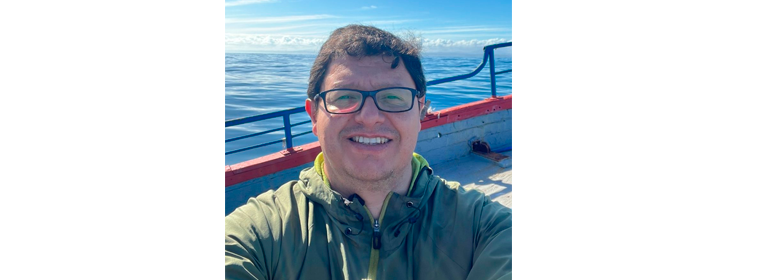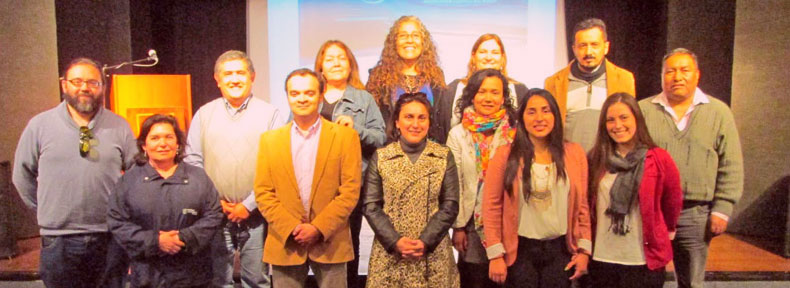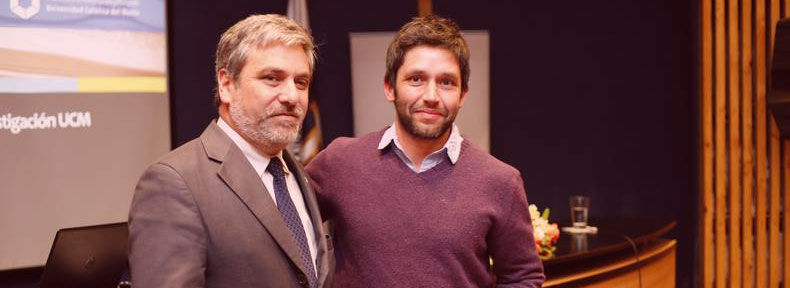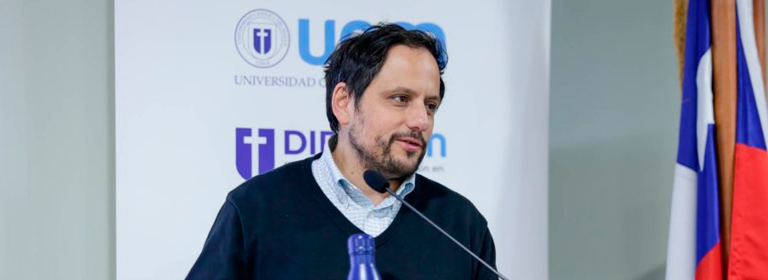On behalf of Chile, the researcher from Universidad Católica del Maule, Alexander Galán, joined the «SOLAS» project, which seeks to understand the interaction between the ocean and the atmosphere.
A researcher from Universidad Católica del Maule (UCM) took over the «Surface Ocean – Lower Atmosphere Study» (SOLAS), to represent Chile in the prestigious international initiative. Alexander Galán, PhD in Oceanography, a member of the UCM Center for Research and Advanced Studies of Maule (CIEAM), joined the network as a replacement for the academic from University of Concepción, PhD Laura Farías, who completed her term. This is the first time that a UCM researcher joins the project.
«I received an invitation to be a Chilean representative in this network, since I have been working on topics related to marine biogeochemistry on the Chilean coasts for almost twenty years, specifically in environments with oxygen deficiency, which is of interest to the SOLAS project,» said the Colombian-born scientist.
The initiative was born in 2004, promoted by agencies such as the World Climate Research Programme (WCRP), based in Geneva, the University of Galway in Ireland, the GEOMAR Helmholtz Center for Oceanographic Research in Germany, and the Laboratory of Marine Environmental Sciences of the University of Xiamen in China. Its goal is to promote a more sustainable planet by understanding the interactions between the ocean and the atmosphere.
«The coupling between the ocean and the atmosphere is super interesting, because in terms of climate change the ocean is a big mitigator. It is clear to everyone that carbon dioxide or CO2, a product of burning fossil fuels and the main cause of global warming, has increased steadily in the atmosphere since the industrial revolution to unprecedented levels during the development of humankind. In this complex scenario, the ocean absorbs much of this CO2, mainly through biological processes such as photosynthesis. But the concentration of this gas in the atmosphere has already exceeded some thresholds that are not being mitigated by the ocean and the situation is almost irreversible,» said Galán.
The impact of 1.5 °C
According to the UCM academic, the increase in global average temperature beyond 1.5 degrees Celsius will not only cause an increase in the frequency and intensity of extreme weather events, such as floods, droughts, forest fires and hurricanes, but also alterations in sea level and the consequent loss of coastal areas, as the Intergovernmental Panel on Climate Change has been warning us since the Paris Agreement.
«There are ecosystems that we are no longer going to recover, such as some coral reefs, to mention some charismatic ones. The main problem of climate change is the loss of biodiversity, because that affects the functioning of ecosystems. Temperature increases have caused species to adapt to these changes, many modifying their phenology, or migrating to higher latitudes or altitudes, but this is obviously unsustainable, because not all natural systems are resilient to continuous climate stressors over time», he emphasized.
Along the same lines, the marine biologist indicated that the solution poses a very complex challenge. «We do not know with certainty what will happen because it is difficult to make projections in such changing scenarios with so many elements, but we do know that the solution involves changing the economic model. Very few countries are willing to do so and that is why we are at a dead end. Science will not be the great superhero, but it will allow us to understand the problems and will definitely help us find possible solutions», he stressed.













